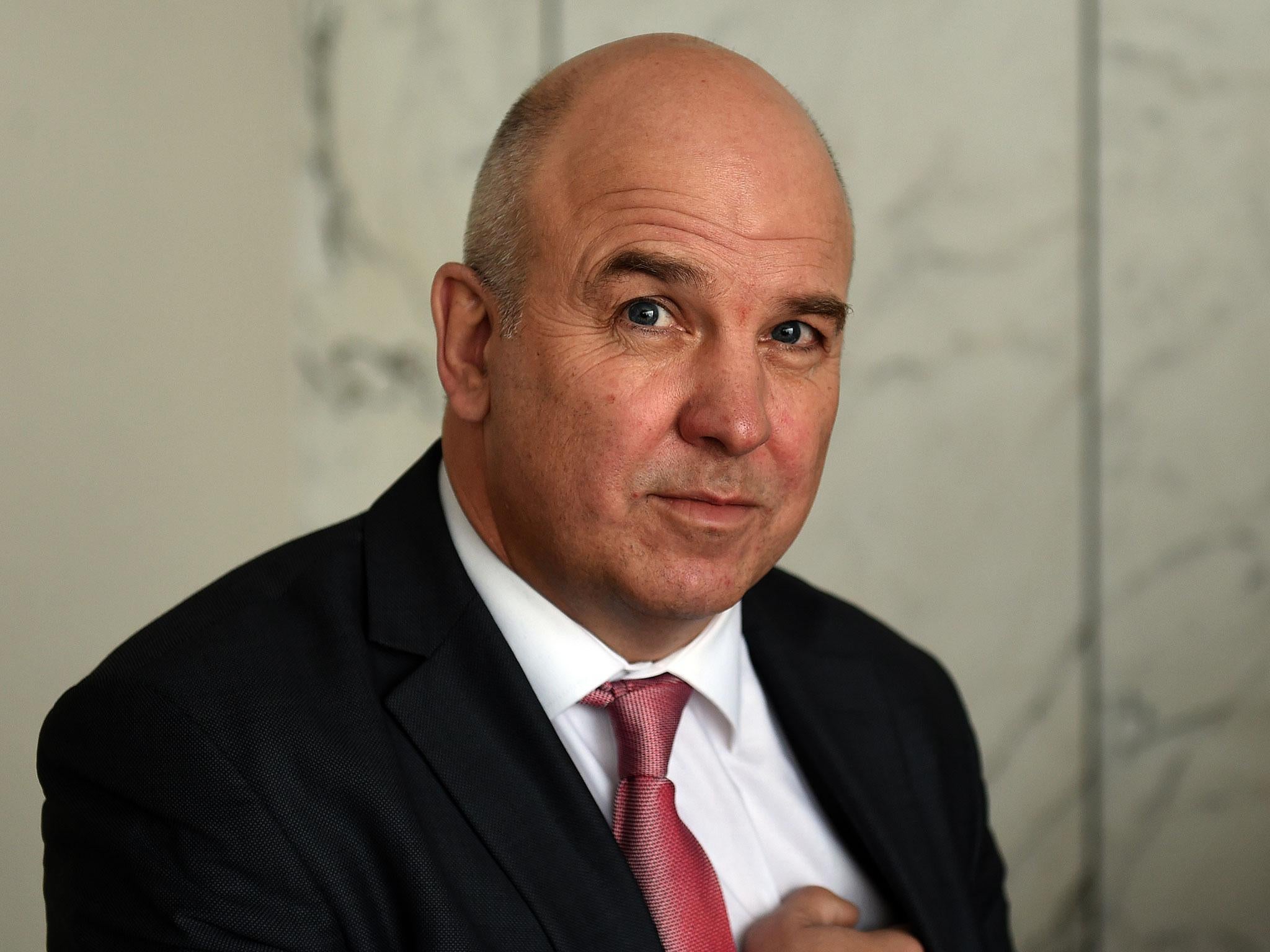Ireland ordered to loosen abortion laws by Council of Europe
Current laws deepen social inequalities and lead to traumatic, clandestine procedures, Nils Muiznieks says

Ireland must loosen its strict abortion laws and replace them with a regime more respectful to women's rights, the Council of Europe's human rights commissioner has said.
Rules on terminating a pregnancy in once stridently Catholic Ireland are among the world's most restrictive and a referendum on widening access could be held if a citizens' assembly set up by government recommends it in a decision expected next month.
At present, terminations are allowed only if a mother's life is in danger, after a total ban was lifted in 2013, a provision Commissioner Nils Muiznieks said still has a "chilling" effect on doctors who must decide who meets restrictive requirements.
The Council, not part of the European Union, is a pan-European body concerned primarily with the region's human rights.

"It's an unjust regime because it doesn't actually affect the number of abortions. If a woman has means to travel, she will do so, so that leave poorer women to fend for themselves in Ireland," Mr Muiznieks told Reuters in a telephone interview.
This deepens social inequalities and often leads to traumatic, clandestine procedures, Mr Muiznieks said in a Council of Europe report covering a range of human rights issues in Ireland.
"Culturally, politically, socially, Ireland has changed significantly and I think that is not reflected in the current regime," he said.
Mr Muiznieks joined the United Nations Human Rights Committee in recommending that at a very minimum, the Irish government should decriminalise abortion and widen the law to allow for abortion in cases of fatal fetal abnormality, rape or incest.
In a letter responding to the recommendations, Ireland's government said the current laws do not prevent a doctor communicating in a normal way with regards to a patient's care.
The report was also critical of the government's handling of past abuses of women and children at Church-run institutions, saying enquiries into different cases had been inconsistent and redress proposed to victims inadequate.
The comments came after Ireland said it may widen an inquiry into so-called "mother-and-baby homes" -- one of three areas where shortcomings were identified in the report -- after the remains of babies ranging from new-born to three-years-old were found in the sewers of one such home this month.
While the Catholic Church ran many of Ireland's social services in the 20th century, they did so with state funding and the report expressed concern that in most cases, the state's accountability "has not been fully accepted, if at all"
The government's response did not specifically mention "mother-and-baby homes" but it said authorities will give the recommendations careful attention.
"The approach of the government heretofore has been quite ad-hoc. The people have waited a long time, if you're going to do it, do it right. These are quite serious human rights violations we're talking about," Muiznieks said.
"The government cannot wash its hands of the human rights violations that took place. It's quite uncomfortable to have this mirror in front of you but the only way to move on is to provide justice."
Reuters
Join our commenting forum
Join thought-provoking conversations, follow other Independent readers and see their replies
Comments
Bookmark popover
Removed from bookmarks